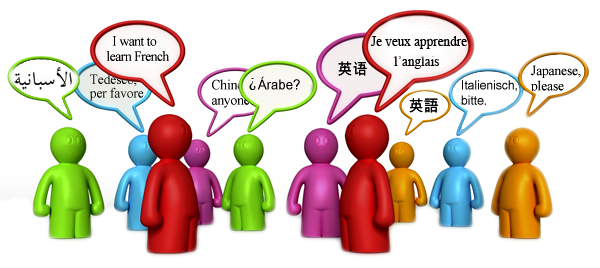
I am sure that most of you have heard about podcasts. For those who haven’t…where have you been for the past 5 years? To make a long story short, a podcast could be defined as the RSS for iPods. There are millions of types of podcasts, from cooking to travelling, but the one that caught my attention, and the reason why I am writing this today, is the language learning podcast.
There are different ways to find the podcasts that are most appealing to you. One of them is through iTunes; you can just perform a search with the language you’re interested in, and within seconds you’ll get a list of ten thousand podcasts you can subscribe yourself to. Remember there’s an opinion section, where people that have used it can tell you how they liked it, that might be helpful.Another way to find your podcast is through the Internet. If there is any company or Institution that you might find attractive or interesting for whatever reason, you may want to check their website first to find out if they have a podcast service available. Be aware though that some of them are for free, but some others may not be. Here’s an example of finding podcasts through the web:

Now that the iPod Touch and iPhone have gotten so popular, the growth of the applications that have been created for them have been growing proportionally. The easiest way to find an iPod app is through iTunes. As long as you have your iTunes Store account set up, you’re ready to go. There is a section called App Store where you can find anything you can imagine, but to make things easier you can just filter your search by selecting, in this case “Education”, and then “English” for instance.
What’s good about these apps? They’re a lot more fun to interact with. You can replay the lessons, take your quizzes, keep track of your scores, and find out what you did wrong and why.Some of the stuff is for free, but with apps, I must say that the real good ones are not for free, but it is not as bad as you may think. You can find apps, which are worth having for $10.
The number of Universities that have joined this program is massive. The best way to find the things that you’re looking for would be by filtering by your University or even by whatever you degree is in. The good news is that almost everything I found was for free and that I have never been disappointed by any of the things I checked up…go check it for yourself, here’s video that will show you how:
http://www.youtube.com/watch?v=fPNQGmCMv1E


